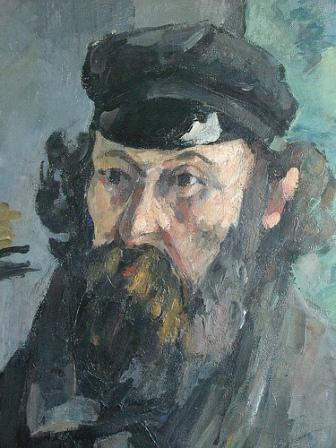Continuing with some of the strains of our last installment, I would like turn our attention to the Imperialist Russia during the reign of Nicholas II. Note that he was the last Czar to rule Russia, the last of a 300 year dynasty; his rule was the swan song of autocracy in Europe. (Symbolically speaking of course, the German and Austrian monarchies outlived Nicholas'.) Nicholas was the son of a more capable politician and ruler. He was the son of a stronger man, although his father was nothing to write home about. He was ill-equipped mentally and intellectually to deal with Russia's endless problems. He felt his faith in god and his belief that god had endowed him with authority to rule would carry him through the most tumultuous times. (Reference my last post for more on historical similarities. I cringe when GWB talks about god watching over this country.)
In 1904, Russia became entangled in the conflict now known as the Russo-Japanese War. Though Russia was able to send Napoleon back to France with his tail between his legs, she was unable to subjugate Japan largely because of the logistical problem of sending troops through 12 time zones on a primitive rail system. To make matters worse, the Russian people were not interested in this conflict because they had little to gain from victory and much to lose (social and political reform and indeed the lives their children) in defeat. Lenin was able to call this conflict one between imperialist powers grabbing more resources within their disputed spheres of influence.
Be that as it may, our favorite son pressed forward in war. The political and social liberals of the day (those who favored a constitutional monarchy and basic civil rights) unleashed what they called a banquet campaign. The movement was appropriately named as it was a political meeting with a big meal. People got together, ate, drank vodka, and decided to protest against the actions of the government. Their demands were not unreasonable; they were the same which had existed in almost every other country in Europe enjoyed.
The story of course does not end well. The banquet campaign enticed people to take action by peacefully marching to the Czar's palace in St. Petersburg where the Czar's guard shot them down though they were unarmed and had no apparent inclination toward violence. Perhaps the greatest beneficiaries of the Czar's shortsightedness were the radical movements on the left led by Bolsheviks, Mensheviks, and the Social Revolutionaries. This turmoil produced Lenin, the Soviet Union, Stalin, one of the more repressive dictators in history.
I am always struck by this moment in Russian history because it represented so many possibilities, if one can freeze the clock for a few seconds and speculate. Had the Czar not fired, had he apologized, or conceded that his empire should be based around human rights instead of authoritarian principles, maybe the moderates would have taken over and there would never have been a Soviet Union. Each faction's path would have been dramatically different and we can hardly imagine what might have been. For every event like this, there are so many more that have been erased from history.
I suppose there are just as many conclusions that one can draw. I wonder how many of these individuals felt they were right, acting as though history will someday vindicate them. Most of them would not have bet their lives had they not felt so. The one guiding principle that they lacked was the conviction that human beings should be valued higher than the revolution, higher than the integrity of the monarchy, and higher than any merchant's holdings. Because they fought for something else, Russia experienced another 100 years of terror, turmoil, and instability. These effects were not limited to inside the borders of Russia either.
That path was not pre-ordained. It was the collective errors of countless named and unnamed individuals. As we know well, rationality will not save us--it is almost always absent in the first place.
Tuesday, April 04, 2006
Subscribe to:
Post Comments (Atom)




No comments:
Post a Comment